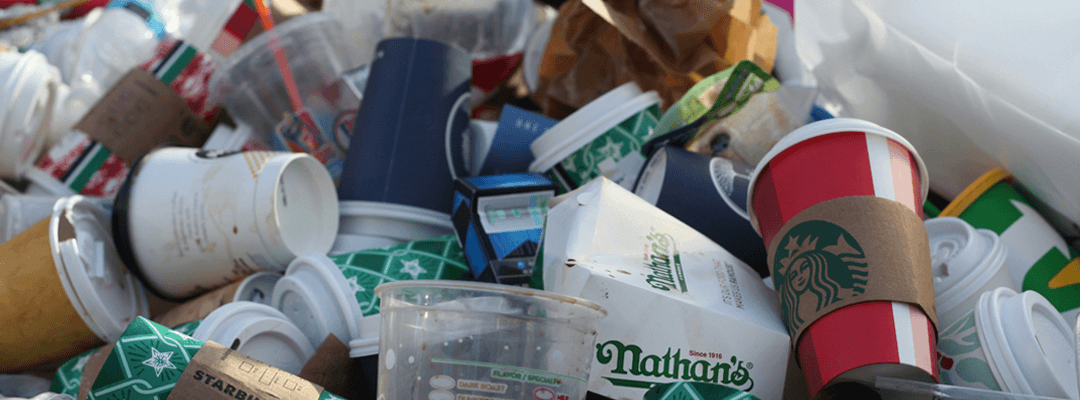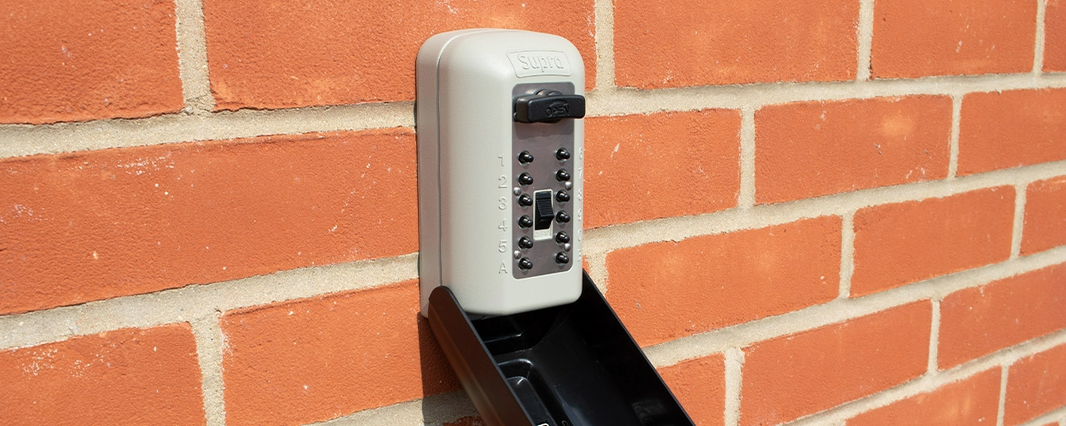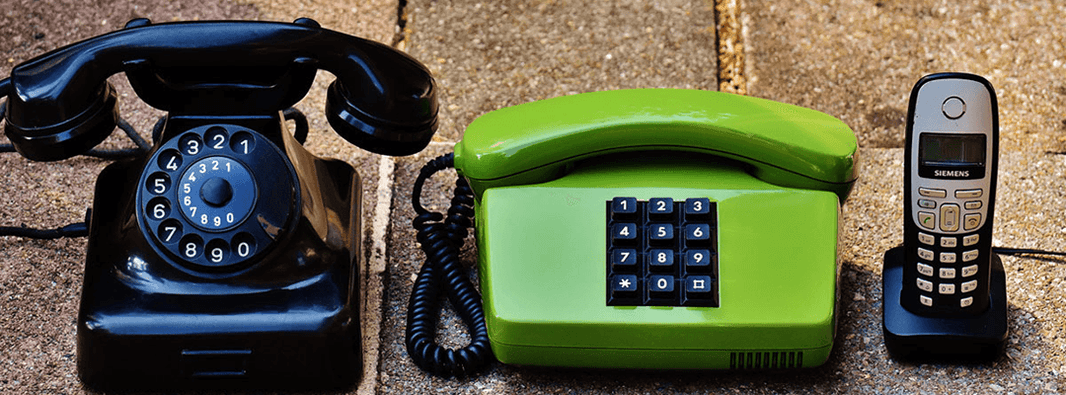In recent years, the effects of climate change have become increasingly apparent. In fact, in 2019 the UK government announced we are facing a climate emergency. Friday 22nd April marks Earth Day 2022. This is a time for us to think about our habits and how we can change them for the good of the planet. In recognition of this important message, we have compiled a list of affordable ways to reduce waste.
Why Reduce Waste?
According to a 2020 report, the UK sends 14 million tonnes of waste to landfill every year. Of all the waste we produce, this comes to roughly 55%.
When waste goes to landfill, it tends to be buried and forgotten. What many of us don’t realise is that this waste doesn’t just sit there and do nothing. Metals and plastics break down, often releasing harmful chemicals into the air and ground. Some of these chemicals can also end up in waterways. This results in the spread of pollutants that can impact the health of people, plant life, and animals.
There is another impact that many of us do not consider. When products are recycled, they return to the manufacturing process. As a result, new materials do not have to be soured. However, when items go to landfill those manufacturing materials need to be replaced. Most sources of materials, such as mining for metals and drilling for oil, are unsustainable and produce considerable amounts of pollution.
If we can reduce waste, we reduce the need for these more damaging practices.
How to Reduce Waste
You may be familiar with the slogan “Reduce, Reuse, Recycle”. It is easy to remember to the point. Each word covers a way in which we can reduce waste.
- Reduce: Buy less single-use plastics, such as bottled of drink and shopping bags, and avoid products with excess packaging.
- Reuse: If you do buy plastic products, use them again. A bottle of drink can be refilled and used again. Shopping bags can be used on subsequent trips. Cardboard and paper can also be reused.
- Recycle: When you do need to throw away plastics and other products, ensure you put them in your recycling. If certain objects aren’t allowed in your wheelie bin, find out if there is a recycling centre near you*.
This is just the beginning of the methods you can use to reduce how much waste goes to landfill. However, we have identified five other ways you can reduce waste. What’s more, they won’t cost you any extra, and could even save you money.
*If you cannot get to the recycling centre yourself, consider asking a family member or neighbour to help.
Plan Your Meals
Did you know that the UK throws away 9.52 million tonnes of food every year? Every bottle of milk that goes off or loaf of bread that goes mouldy contributes to this massive amount. However, you can help avoid this.
Many people in the UK have a habit of filling their fridge and cupboards with food and seeing what catches their fancy during the week. This means that some food ends up being forgotten, going rotten, and being sent to landfill complete with its packaging. By planning your meals in advance, you know exactly what food you need to buy and when you are going to use it.
If you have any leftover packaging, it’s also a simple matter to clean it out and put it in your recycling bin. Furthermore, when you plan your meals for the week you are less likely to make impulse purchases. This means you will likely spend less money on your shop.
And if you do need to throw away your food, why not consider composting instead? Producing your own compost could save you a fortune if you enjoy gardening. Alternatively, you could even sell your compost to a neighbour.
Grow Your Own
Another way you can save on food and reduce waste is to grow it yourself. When supermarkets source fruits and vegetables, they need to transport them from across the country – and often from other countries, too. Where possible, you should substitute these for your own, homegrown food.
Potatoes, carrots, peas, and strawberries can all be grown in your garden. Even a small garden is enough for a few veggies.

Pick Up Litter
We are sure you are a conscientious person who always puts your rubbish in the right bins. Unfortunately, the same cannot be said for everyone else. Studies show that almost 48% of people admit to dropping litter; 1.3 million pieces of litter are dropped on the UK’s roads every weekend. This all adds up very quickly and can cause damage to wildlife and the environment. Not to mention that it just looks awful.
Litter can also travel. When wind picks up, it can carry empty bottles and wrappers for miles, often ending up in waterways. Here it can cause even more damage to our ecosystems.
Continuing to responsibly throw away your rubbish is one way you can help reduce waste. However, there are other things you can try. For example, why not contribute to your local community by gathering litter whilst out for a walk? If you feel like this might be a struggle, you can borrow an idea from the Japanese and take your litter home with you. By doing this, rather than throwing all your rubbish in one bin that may just go to landfill, you can ensure your recyclable products are kept separate from your waste.
Buy Second-Hand
Do you really need a brand-new dress when the charity shop is selling one just as nice for half the price? Buying second-hand is a great way of saving money and reducing waste. 350,000 tonnes of unwanted clothing goes to landfill every year; most of this is still wearable.
Similarly, second-hand electronics, books, and toys are available at lower prices. Buying these products keeps them out of the rubbish bins. There is also the benefit of a lower carbon footprint.
New products require more energy usage to make. Moreover, business keep producing more to meet demand. When you choose a pre-owned item, your purchase does not contribute to that demand. Nor has the item been made especially for your purchase. In some ways, you are further offsetting the carbon produced when it was made by extending its use.
Whilst not everything can be bought second-hand, changing some of your buying habits can make a difference. And if you have items you no longer want or need, why not sell them instead of throwing them away?
Choose Local
If you can, try to buy food and other goods from local producers. This reduces the amount of waste produced by transportation. Visit a farmer’s market or farm shop. Go to town on market day. Buying local can also be cheaper, as costs don’t have to cover transportation or packaging.
Overall, choosing to buy locally supports smaller businesses, reduces waste, and contributes to a smaller carbon footprint. Whilst not everything is available locally, choosing to alter your habits can have lots of long-term benefits.
Personal Alarms from Careline365
We all want to protect the planet, but it’s also important to look after ourselves and our loved ones. A Careline alarm offers peace of mind around the home. In an emergency, a simple press of a button is all it takes to arrange help.
When a Careline alarm is activated, our 24/7 Care Team receive the alert. They then act quickly to inform emergency contacts and, if necessary, the emergency services.
To find out more about how the Careline alarm service can help you or your loved ones, check out our helpful guide. If you have any questions, please don’t hesitate to call our helpful team on 0808 304 4428.









